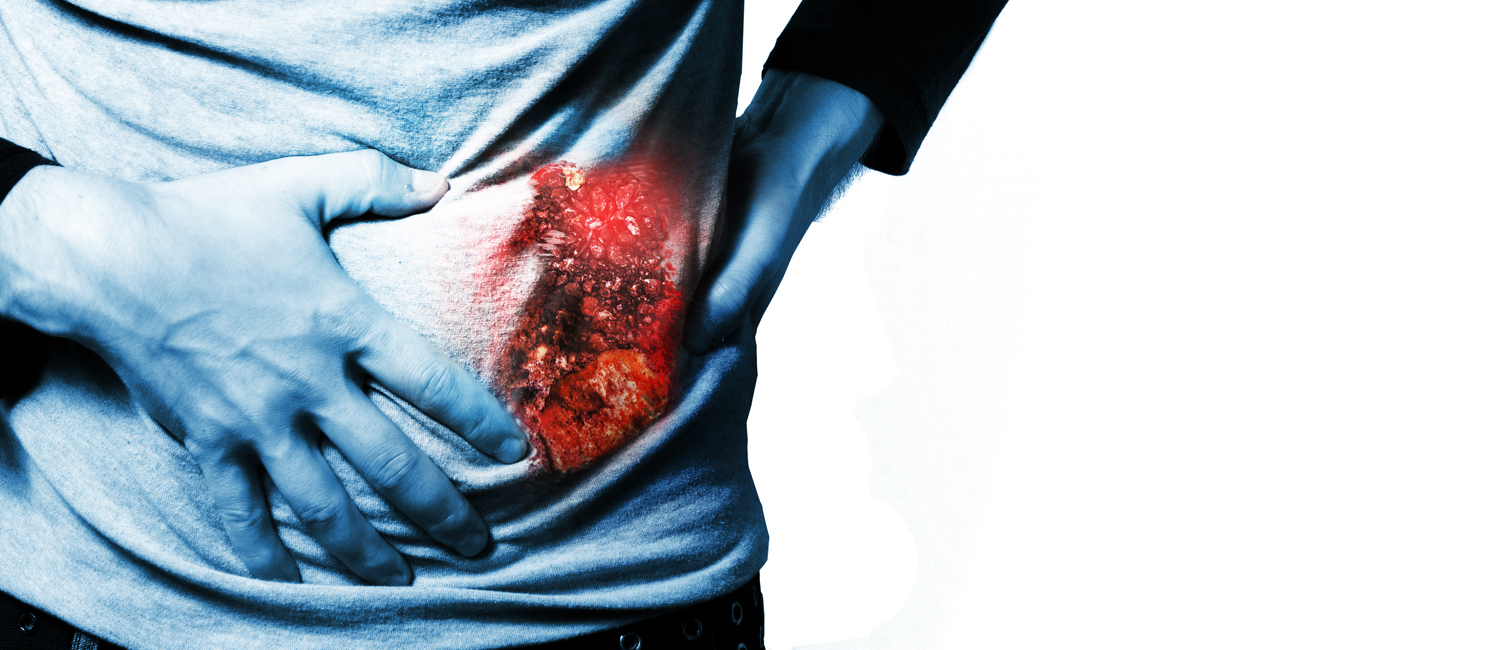
What are kidney stones?
Kidney stones are commonly made of calcium oxalate in both men and women. They pass from the kidney into the ureter resulting in partial or complete obstruction. There is a sudden onset of intense flank pain that the individual usually seeks medical attention.
What are the risk factors for developing kidney stones?
There are several risk factors that can cause a person to develop kidney stones. Diet plays a key role in developing calcium oxalate kidney stones, for instance, a diet high in animal protein, sodium, potassium, sucrose, fructose, calcium and vitamin C supplements. Also, a low level of dietary calcium, potassium, and fluid contributes to calcium oxalate stones. Other risk factors include obesity, gout, diabetes, anatomic abnormalities, and genetics.
How to prevent kidney stones
- Maintain adequate dietary calcium intake
- Reduce intake of animal protein
- Reduce sodium intake ( Avoid Soda)
- Reduce sucrose intake
- Avoid Vitamin C supplements
- Maintain adequate hydration
How are kidney stones treated?
- Spontaneous passing of stones
- Lithotripsy is the use of sonic waves to crush stones that are too large to pass through the ureter by Urologist
- Dietary modification
- In some instances, medications is used as a method of treatment
- Your doctor will give you specific recommendation for your specific condition.
